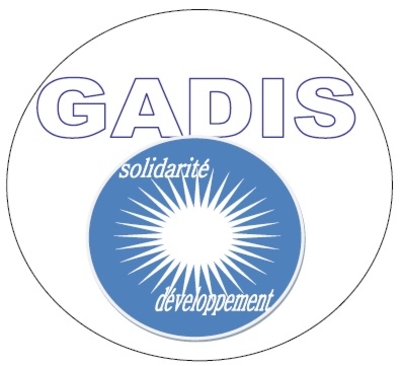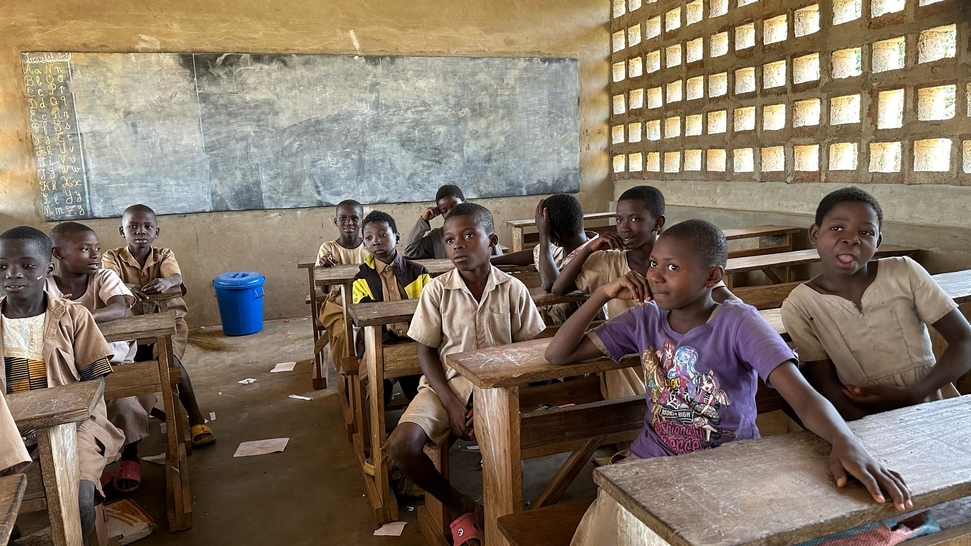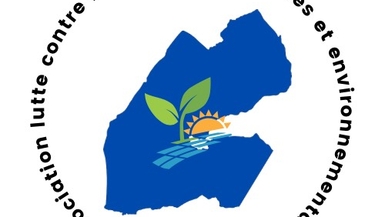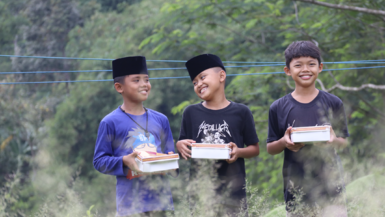Campaign Status
Ongoing Offline: The campaign is currently ongoing offline and, thus still in the process of collecting funds.
Summary
The campaign aims to provide clean drinking water for over 800 students in four schools and many struggling families across these four villages.
Challenge
People in rural Togo mostly work on farms, growing crops as a family and depending on nature. They help each other a lot and have strong bonds. This way of farming has been a tradition for a long time.
Initially, they used a method called swidden cultivation, but later switched to using chemicals like herbicides and pesticides. Unfortunately, this harmed the land and polluted the environment, making farming difficult.
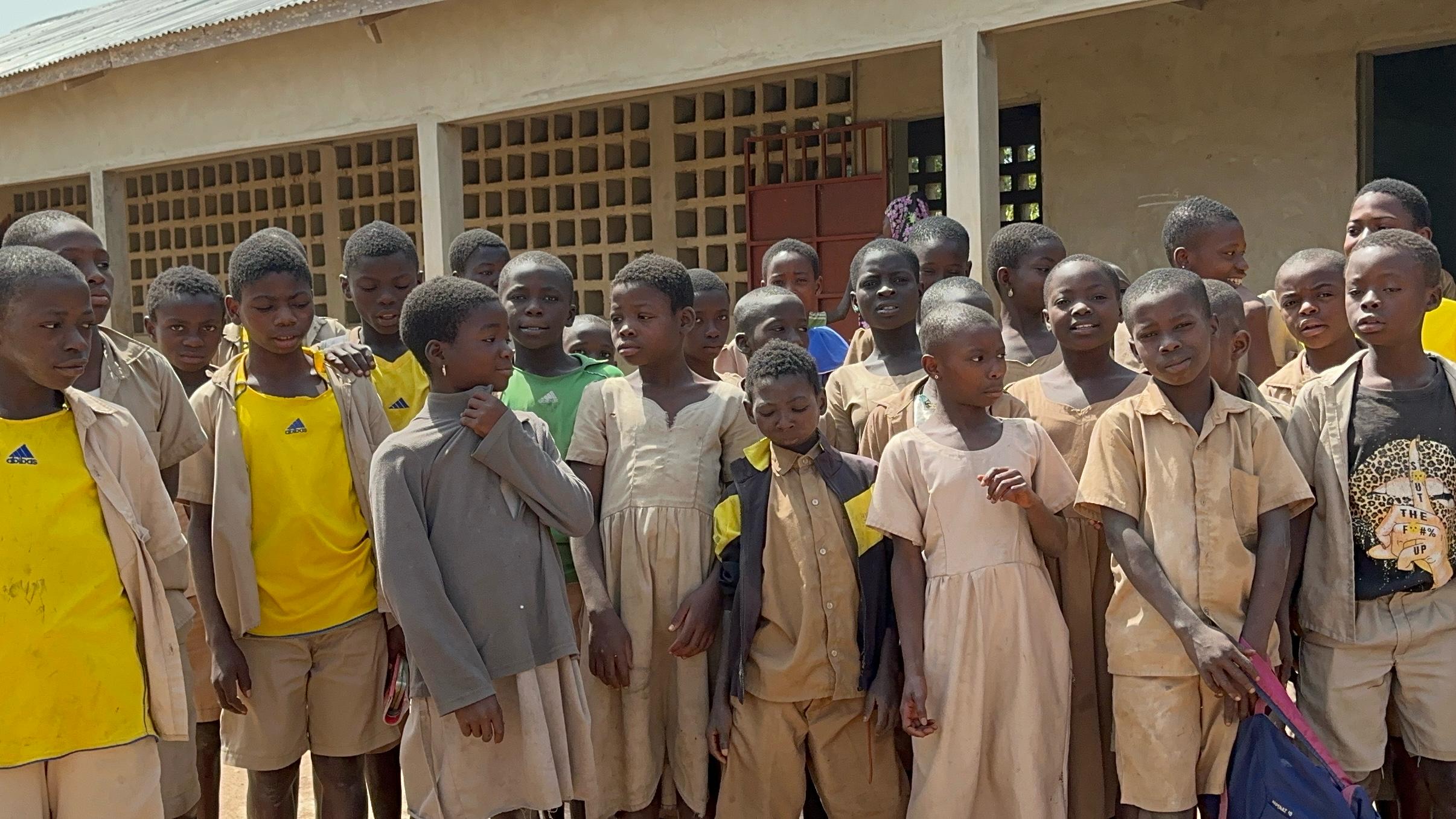
Women and young people are essential for farming, especially for growing vegetables for a balanced diet. However, they face three main problems:
- Health Issues: Drinking poor-quality water makes them sick, which affects their work on the farm.
- Not Enough Water: In some seasons, there is not enough water for farming, so they cannot work during those times.
- Not Enough Learning: They don't get to learn new ideas and better farming methods, especially the young people.
To help these rural communities, they need to improve their farming in a way that is good for them and the environment. Many of them haven't had much education.
Solution
The situation made GADIS and the four villages come up with a new idea. They decided to drill for drinking water and show the local people how it works. This way, everyone can learn and use this new technology for farming.
What the project aims to do:
- Access to Drinking Water: Drill for drinking water in four villages.
- Sharing Knowledge: Create new knowledge by sharing what people already know at a special event.
- Using New Ideas: Show how the new technology works, and farmers can try it on their own farms. This helps them come up with new ideas.
- Solving Problems: Farmers can talk and share ideas on the special plots we set up. This helps connect advice to what local farmers need.
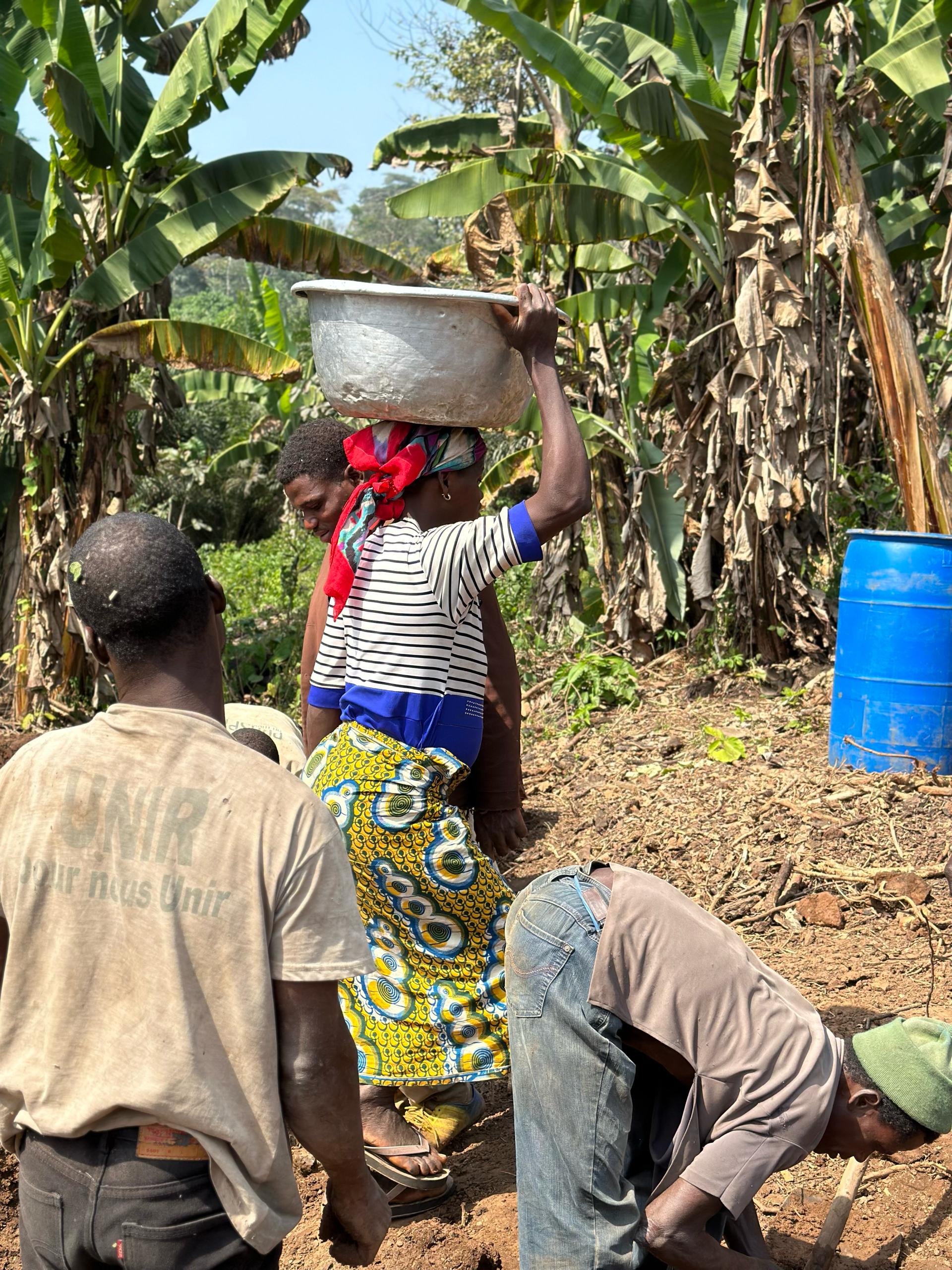
- Informing People: The special plots also help tell everyone about the main issues in local farming. It makes people think about it and take action.
- Training: The special plots are like training grounds where people can practice new things and get better at them.
- Experimenting: Use the special plots to test and see how well the new ideas work and what problems they might have.
